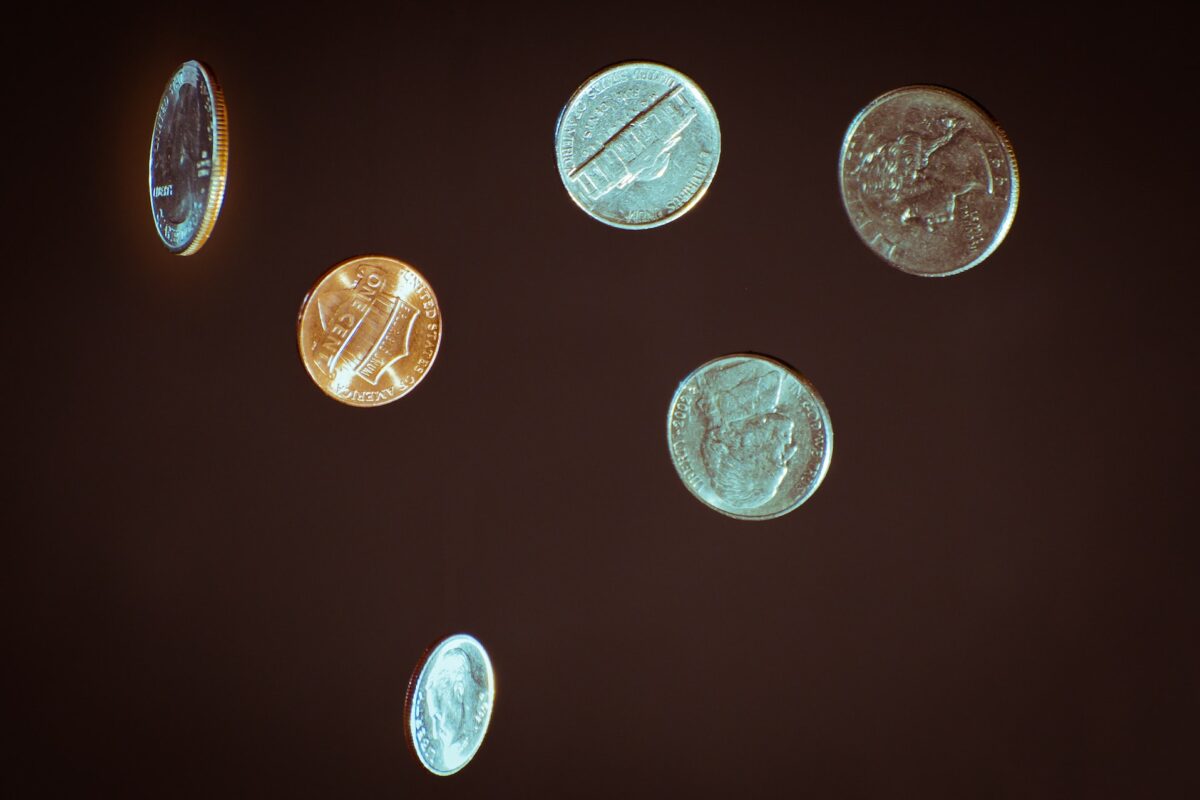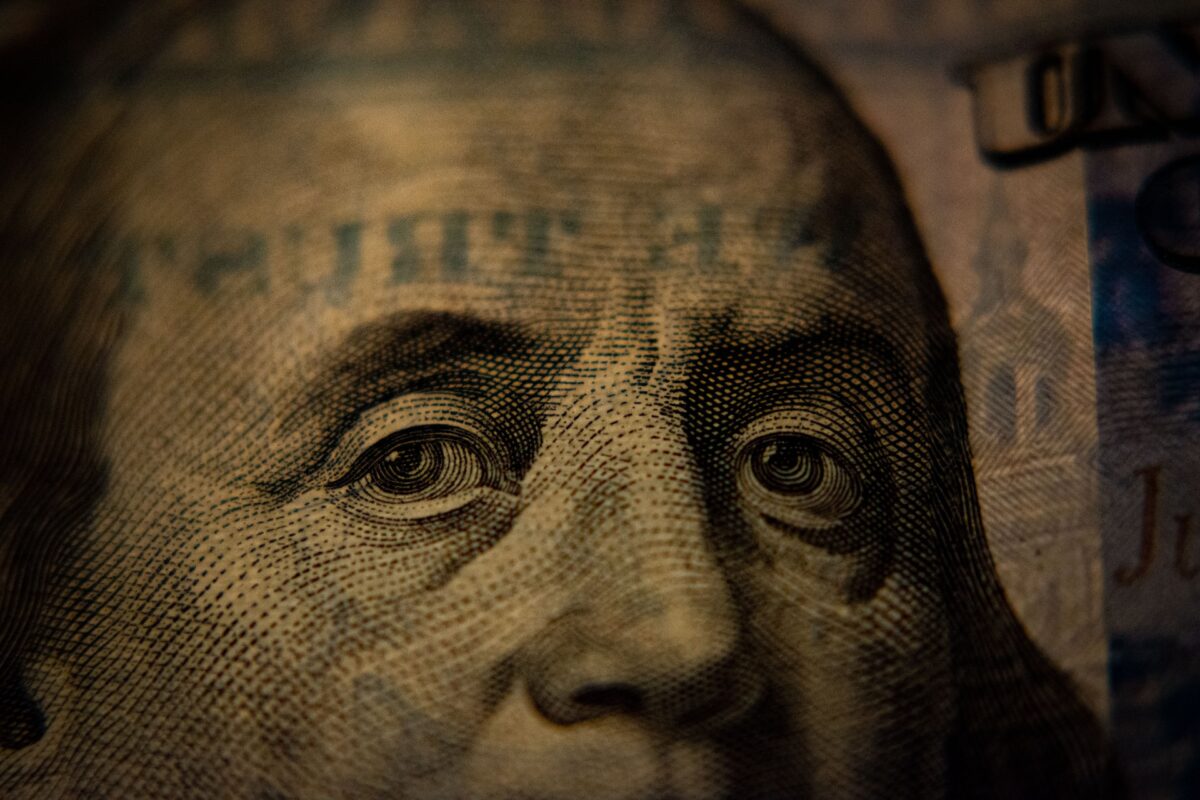A few years ago I was working for one of the major wine brands and analyzing the Japanese market which, as always, was proving fascinatingly difficult to understand. The more I looked at the data, the more unlikely the story became: throughout the 90s, a time of unprecedented economic woe in Japan, the consumption of high-end wines increased dramatically.
My French boss was greatly amused with my confusion and eventually took me aside. ‘Listen Mark,’ he said. ‘Let me explain. If you are on a plane, and the plane is about to crash, you don’t drink piss.’
Perhaps not the most elegant of explanations, but one that has stayed with me, and one that should be top of mind as we enter 2008. Marketers with long memories or a keen grasp of macro-economics already sense that there is more in the New Year’s air than the cold wind from the Continent.
It was lurking overhead throughout the Christmas festivities. You could see it in the barely concealed looks of fear on the faces of chief financial officers and central bankers profiled in the FT. It was the subtext underpinning almost every word of Gordon Brown’s New Year outlook. Whisper it quietly: recession is on the way.
As a marketer, allow yourself an extra shiver of trepidation, because we suffer more than most when the economy slows.
We are the guillemots in the oil-slick of recession – the first to suffer and the ones hit hardest. Marketing spend will decline, agencies will close, and a legion of marketers will leave their roles with ‘no job to go to’.
The arrival of recession means it is time for brand managers to change tactics and put away the big white book entitled Brand Building Justifications During Growth, while blowing the cobwebs off the smaller, leaner black book, last used in 1990, entitled Why Brand Equity is Your Best Defense in a Recession.
For a generation of marketers, this will be the first time they have resorted to this very different approach. But follow the greyer heads in the office and you will be fine. Learn to talk about the power of strong brands in the face of declining customer spend. Explore the topic of brand loyalty, not in terms of growing share of wallet, but retaining it in the face of lower-priced value alternatives. Most importantly, remember to point out that the brands that continue to build their equity in the recession will be best placed to enjoy the fruits of their labor when the economy inevitably returns to growth.
Not everyone automatically loses out in a recession. As my French boss would remind me, luxury brands will survive remarkably well. The same is true at the other end of the high street where value players who focus on discount sales will also prosper. The real problem comes in the middle. If you are not in the top or bottom tier, the recession is likely to deal you a particularly difficult hand in 2008.
The big supermarkets are recession-proof these days, thanks to own-label strategies that offer everything from value brands, to the cheaper-than-manufacturer brand alternatives and top-priced occasional indulgences from their finest lines.
We can only guess at which of the big brands that have steadily dropped in equity and appeal over the past few years will now be exposed, as the bitter wind of recession blows down the high street. The same will be true for senior marketers; suddenly some very big marketing salaries will be questioned and, in many cases, found lacking. Expect some famous heads to roll in 2008.
So Happy bloody New Year. Keep your head down, your finger in as many pies as possible, and make sure every third bullet point says ROI. Here it comes.
30 SECONDS ON … 90’S UK RECESSION
– In 1990, inflation averaged 9% for the year, peaking at 10.9% in September and October.
– Interest rates were cut in October 1990 by 1%, to 14%, to try to alleviate the slowdown in activity.
– Retail sales were depressed, dropping 1.1% for the year, while house prices suffered sharp falls.
– After 44 months of successive falls, unemployment began to rise in April 1990 reaching 1,606,600.
– In 1991 economic growth for the year was -2%.
– Unemployment rose to 2.6m by the end of the year.
– The recession continued into 1992, when GDP declined by 1%.
– Unemployment grew to 2.87m – more than 50% of whom had been out of work for more than six months.
– Businesses collapsed at a rate of about 1200 a week.
– House prices fell and interest rates were cut to 7% in November.
The Blake Project Can Help: Accelerate B2C and B2B Brand Growth Through Powerful Emotional Connections
Branding Strategy Insider is a service of The Blake Project: A strategic brand consultancy specializing in Brand Research, Brand Strategy, Brand Licensing and Brand Education




